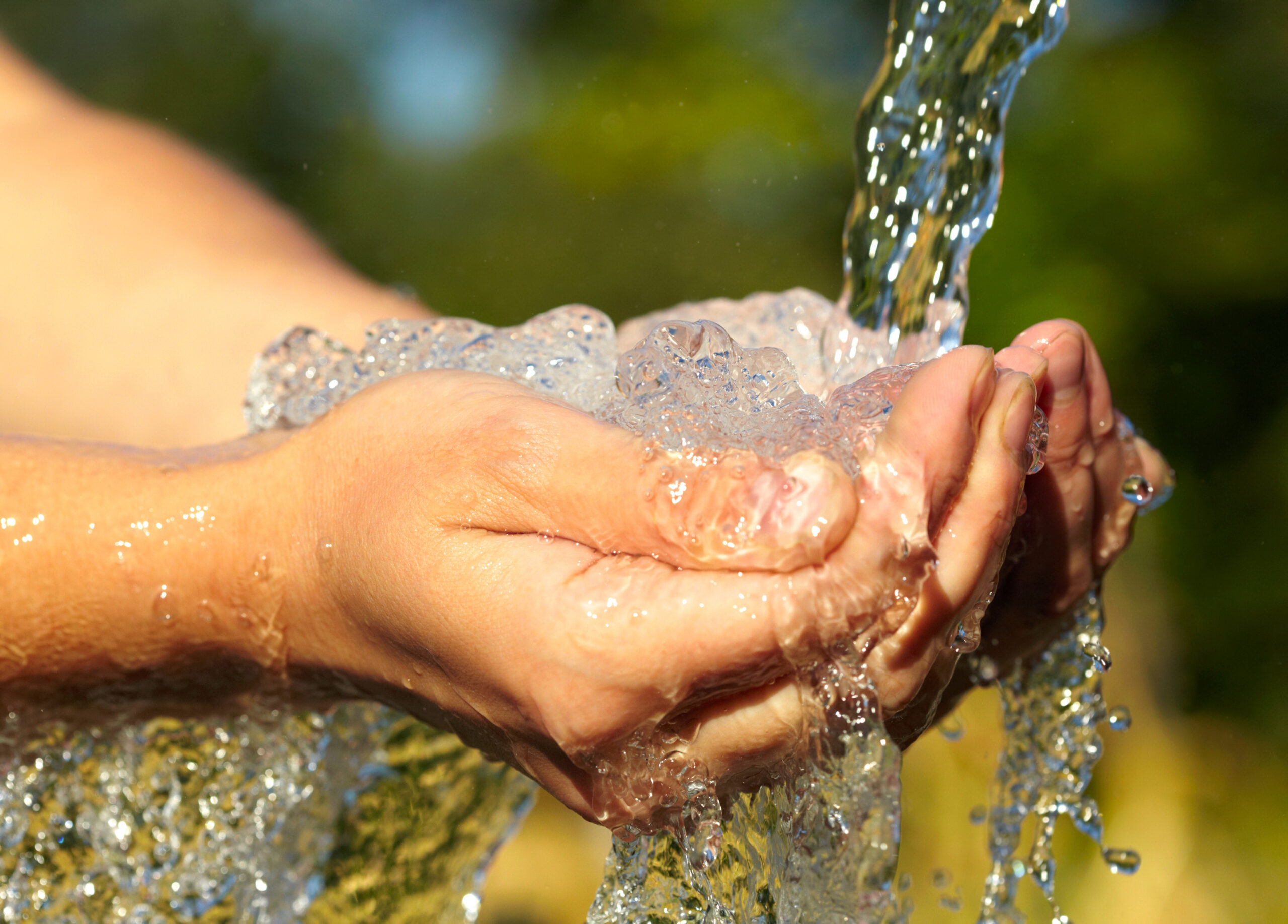The EPA has delayed the Effective and Compliance Dates of the National Primary Drinking Water Regulations: Lead and Copper Rule Revisions (LCRR). The agency made the announcement in a final rule published mid-June, National Primary Drinking Water Regulations: Lead and Copper Rule Revisions; Delay of Effective and Compliance Dates (Federal Register, Vol. 86, No. 114, Pages 31939-31948, June 16, 2021). The agency is delaying the March 16, 2021, effective date to Dec. 16, 2021, and the Jan. 16, 2024, compliance date to Oct. 16, 2024. The delay in the effective date is consistent with presidential directives issued on Jan. 20, 2021.
As previously reported, the new LCRR should better identify high levels of lead and improve the reliability of lead tap sampling results. In addition, the LCRR intends to empower communities by providing more accurate information about the presence of lead in the nation’s distribution systems, and available resources to address lead in drinking water.
The delay will allow additional time for the EPA to complete its review of the rule in accordance with those directives and conduct consultations with affected parties. The LCRR compliance date delay ensures that any delay in the effective date will not reduce the time provided for drinking water systems and primacy states to take actions needed prior to the compliance date, but water systems should not wait. They should start planning now to ensure they will complete the tasks that are required by the compliance date considering that some of these tasks (for example, the service line material inventory) will require a significant undertaking.
“Water systems now have more time to prepare for the Lead and Copper Rule Revisions, but they should not delay considering the amount of work they will need to complete before the compliance date.”
Dr. Hélène Baribeau, Distribution System Water Quality Leader

